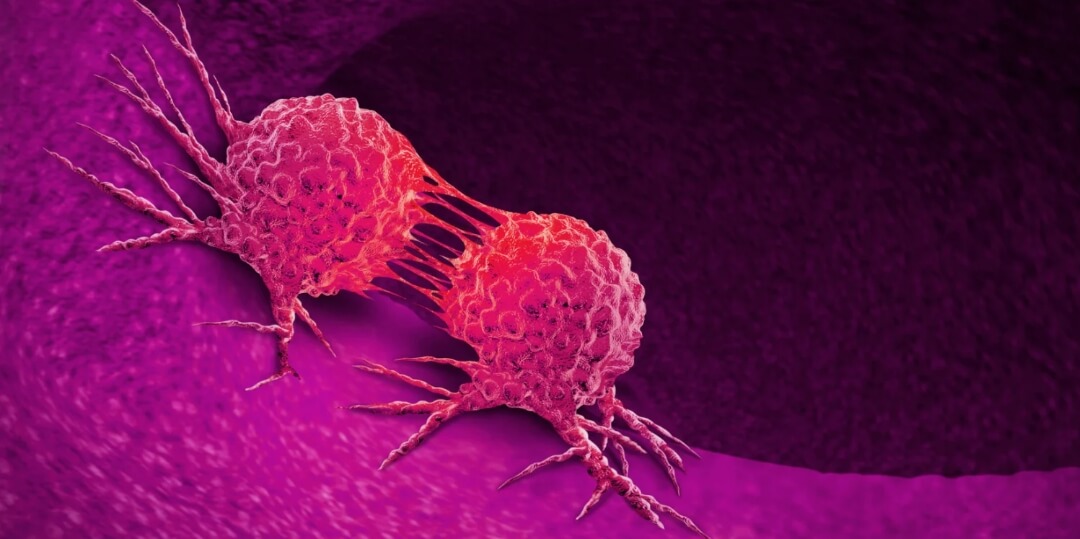
Engineering Patients’ Immune Cells to Treat Their Cancers
Cancer is one of the leading causes of death worldwide, and traditional treatments like chemotherapy and radiation can have significant side effects. In recent years, a new type of cancer treatment has emerged that harnesses the power of the patient’s own immune system to fight the disease. This type of treatment is called immunotherapy, and it is revolutionizing the way that cancer is treated.
What is Immunotherapy?
Immunotherapy is a type of cancer treatment that uses the patient’s own immune system to fight the disease. This is achieved by engineering the patient’s immune cells to target and destroy cancer cells. There are several different types of immunotherapy, including adoptive cell therapy, checkpoint inhibitor therapy, and cytokine therapy.
Adoptive Cell Therapy
Adoptive cell therapy involves removing immune cells from the patient’s body, engineering them to better target cancer cells, and then reinfusing them into the patient. This can be done with a variety of immune cells, including T cells, natural killer cells, and dendritic cells.
One of the most promising types of adoptive cell therapy is chimeric antigen receptor (CAR) T cell therapy. This type of therapy involves removing T cells from the patient’s body, engineering them to express a CAR that targets a specific protein found on cancer cells, and then reinfusing the T cells into the patient. These engineered T cells are then able to target and destroy the cancer cells, leading to a dramatic improvement in the patient’s condition.
Checkpoint Inhibitor Therapy
Checkpoint inhibitor therapy is another type of immunotherapy that is designed to help the immune system better recognize and target cancer cells. This type of therapy works by blocking the checkpoints that cancer cells use to evade the immune system with engineering.
One of the most well-known checkpoint inhibitors is PD-1, which is found on the surface of T cells. Cancer cells often express a protein called PD-L1, which binds to PD-1 and prevents the T cells from attacking the cancer cells.
Checkpoint inhibitor therapy involves using drugs to block the interaction between PD-1 and PD-L1, allowing the T cells to attack the cancer cells.
Cytokine Therapy
Cytokine therapy is a type of immunotherapy that involves using cytokines, which are proteins produced by immune cells, to stimulate the immune system to attack cancer cells. This can be done by directly infusing cytokines into the patient, or by using drugs to stimulate the production of cytokines within the patient’s body.
One type of cytokine therapy that has shown promise is interleukin-2 (IL-2) therapy. IL-2 is a cytokine that is produced by T cells and is important for activating the immune system. By administering IL-2 to patients, researchers are able to stimulate the immune system to attack cancer cells.
Benefits of Immunotherapy
There are several benefits of immunotherapy that make it an attractive option for cancer patients. One of the biggest benefits is that immunotherapy is often less toxic than traditional cancer treatments like chemotherapy and radiation. This means that patients are able to undergo treatment with fewer side effects, which can improve their quality of life.
Another benefit of immunotherapy is that it is highly targeted. Unlike chemotherapy and radiation, which can affect both cancer cells and healthy cells, immunotherapy specifically targets cancer cells. This makes it more effective at destroying cancer cells and reducing the risk of recurrence.
It is also a more personalized type of treatment. By using the patient's own immune cells to fight the cancer, each patient can receive a unique and tailored treatment that is tailored to their specific cancer. This can result in better outcomes and a higher success rate compared to traditional treatments that are the same for every patient.
Challenges of Immunotherapy
Despite its many benefits, immunotherapy is not a perfect solution. One of the biggest challenges is that not all patients respond to immunotherapy. This is because different types of cancers have different immune evasion mechanisms, and some cancers are more resistant to immunotherapy than others.
Another challenge is that immunotherapy can have significant side effects. Although the side effects are typically less severe than those associated with traditional treatments, they can still be serious and impact the patient’s quality of life. It can be expensive, which can limit access to this treatment for many patients. This is especially true in developing countries where the cost of immunotherapy is often prohibitively high.
Conclusion
Immunotherapy is a promising new type of cancer treatment that harnesses the power of the patient’s own immune system to fight the disease. By using adoptive cell therapy, checkpoint inhibitor therapy, and cytokine therapy, researchers are able to target and destroy cancer cells, leading to improved outcomes and a higher success rate.
However, immunotherapy is not without its challenges, and further research is needed to address these challenges and make immunotherapy a more accessible and effective treatment for all cancer patients.
Visit DocMode for Courses and lectures


















